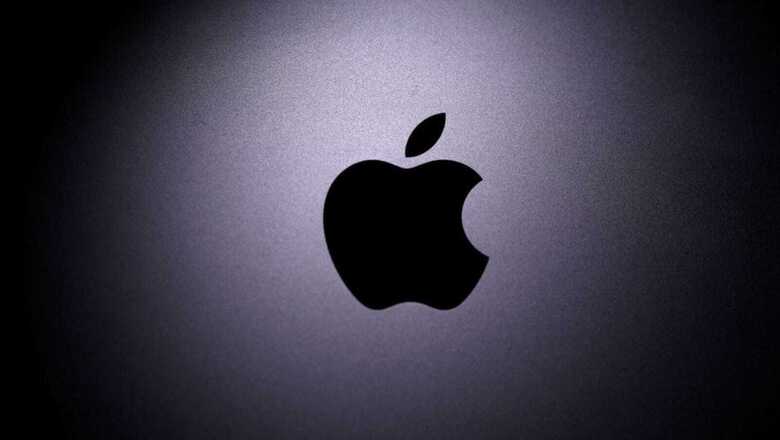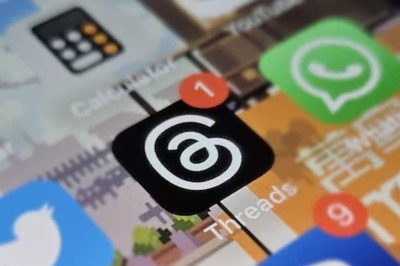
views
In order to fight back state-sponsored targeted surveillance and illegal snooping on iPhones, Apple has filed a lawsuit against Pegasus spyware-creator NSO Group. Apple also announced that it will notify those iPhone users who may be victims of cyber attacks, like Pegasus, by state-sponsored entities. Not that these attacks are very different from regular malware or spyware apps that may snoop on your personal data.
Apple describes state-sponsored attacks as use of sophisticated surveillance technology that is targeted at certain individuals for the kind of work they do–like journalists, activists, lawyers and others. These attacks are only aimed at a very small number of users, and usually tend to impact across multiple platforms, including iOS and Android.
How to check whether someone is spying your iPhone or other Apple devices
Apple will be sending alerts to victims through emails and iMessage notifications. The alert will be delivered to the email ID and mobile number used to create the Apple ID. If you wish to check yourself then visit “appleid.apple.com” website and sign in with your Apple ID login details.
If any of your Apple devices that are linked to that Apple ID is compromised then Apple will display a “threat notification”.
Apple reportedly alerted six activists and researchers, who are critical of Thailand’s government, about possible “state-sponsored attackers”. As per a report by Reuters, the alert messages from Apple said, “If your device is compromised by a state-sponsored attacker, they may be able to remotely access your sensitive data, communications, or even the camera and microphone.”
What you must remember while checking for Threat Notifications from Apple
Apple warned users that these threat notifications will never ask you to click any links, open files, install apps or profiles, or provide your Apple ID password or verification code by email or on the phone.”
If you get any threat notification that claims to be Apple and asks you for your Apple ID details or tells you to click a link then be sure that it is a phishing scam. Also, always use 2-factor authentication on your Apple ID to secure your account.
Read all the Latest Tech News here



















Comments
0 comment